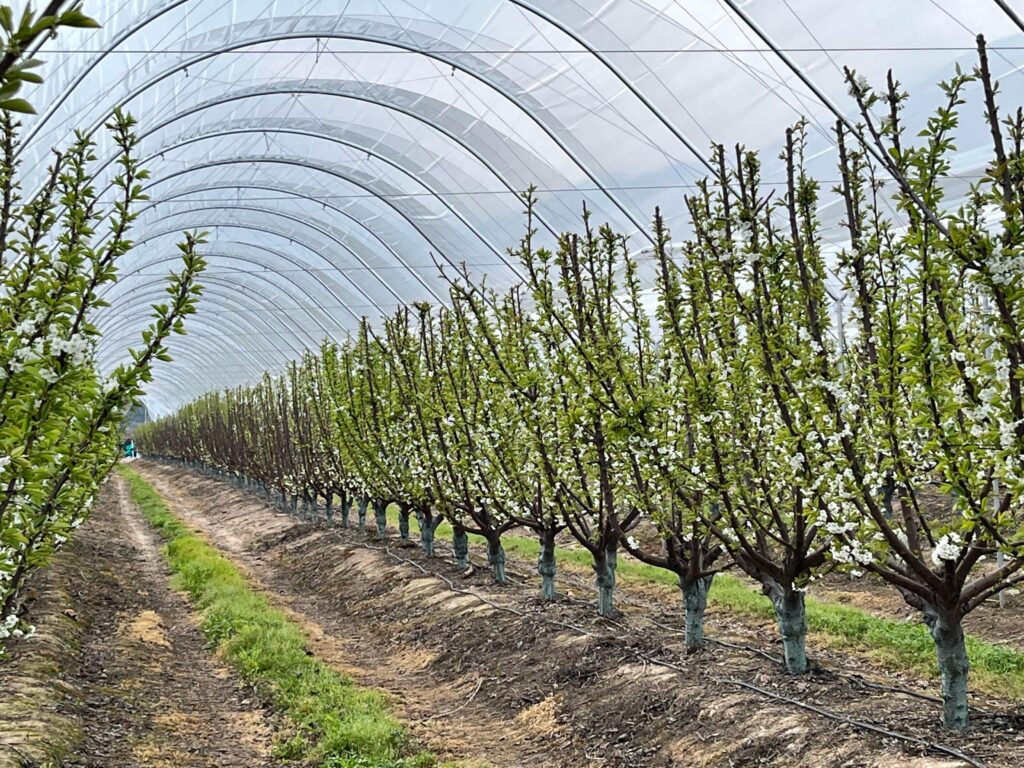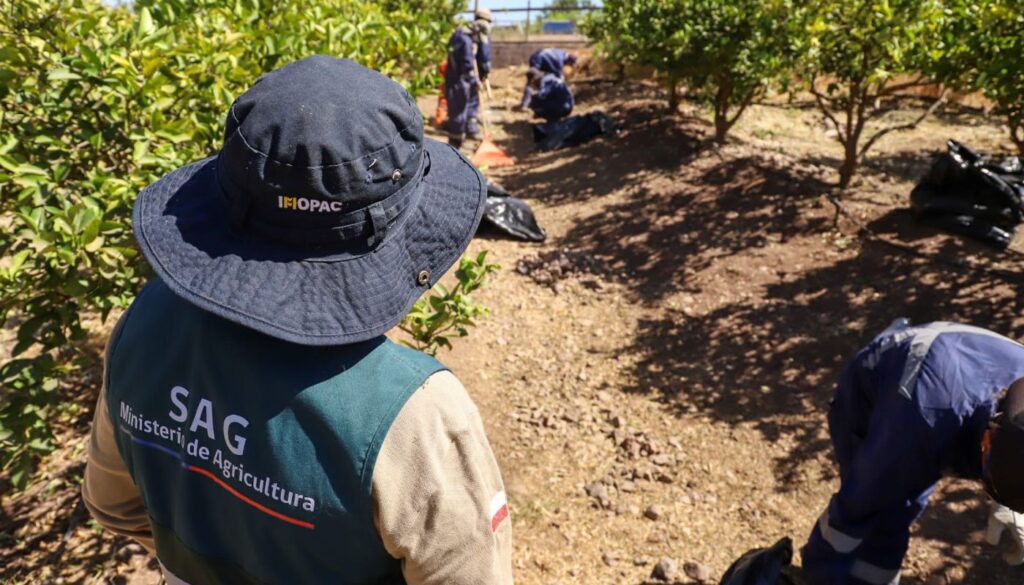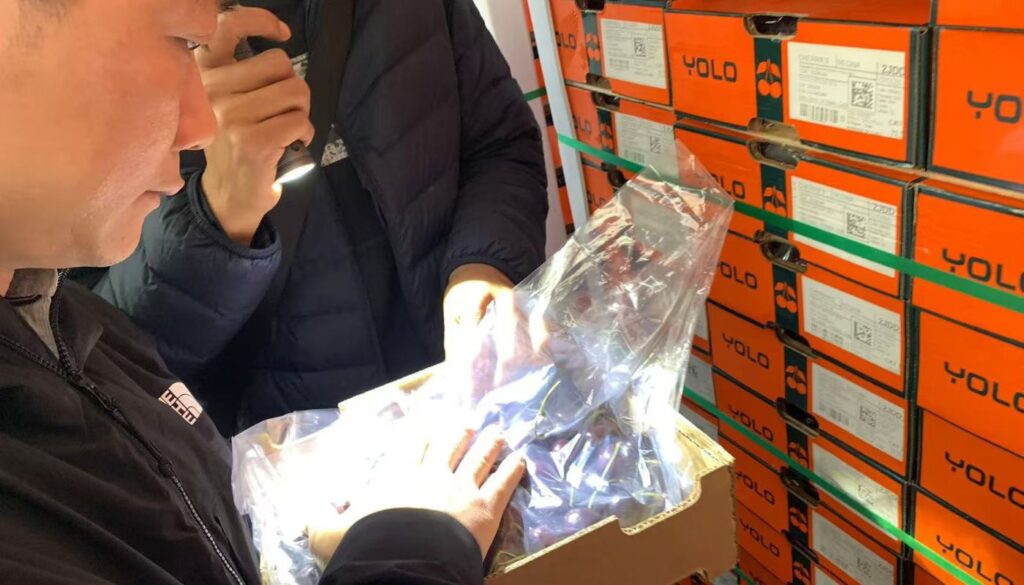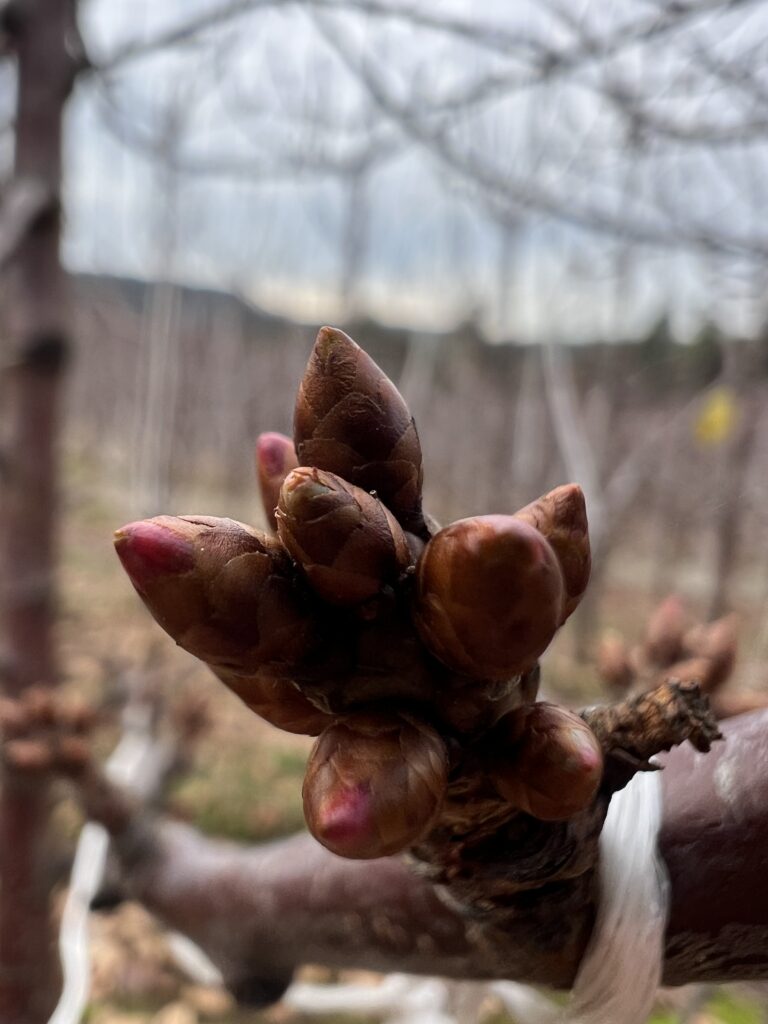Chile is the world's leading producer of cherries and its market is experiencing exponential growth. Exports to China alone in 2023 reached more than 400 thousand tons.
Some really healthy figures that have turned the cherry into "one of the country's most important agricultural export products"However, it is also a crop that in some specific areas has proven to be very sensitive to salinity and fluctuations in water availability, especially in the Metropolitan region.
Faced with these interrelated threats, Chilean producers want to ensure they can meet demand in the coming years and maintain the quality the market expects. Let’s look at how water treatment technology can help them achieve this.
Technological solutions to salinity
Like many crops, cherry trees are vulnerable to excess salts. They can usually withstand electrical conductivity (EC) levels of up to 2 dS/m, but beyond this figure it becomes a challenge. Over-irrigation of crops with high EC water further complicates matters and leads to a dangerous build-up of salts in the soil.
Salinity management is therefore key, but until now there has not been a sustainable way to do it that is cost effective and water efficient. There are water treatment technologies that offer just this, with a proven solution to reduce salinity levels whilst still being able to irrigate with the same high EC water.
Present in Chile since 2019, AQUA4D is one of the technologies that offers this service and since then, they have had successful cases in crops such as citrus, walnuts and, most prominently, avocados – with impressive results. supervised by INACAP academics. In these cases, your technology precision irrigation reduced salinity levels while increasing water efficiency. One such case was avocado trees in Santo Domingo, where comparisons between treated and untreated trees showed a reduction in chlorine and sodium from 21% and 50%, respectively.
Meanwhile, the producer of nuts Geonuts was able to overcome significant phytotoxicity problems in a matter of months. By treating the water, they were able to reduce chloride levels in their soil by a third and maintain an electrical conductivity (EC) of 1.05 dS/m in the root zone. Thanks to its effect on mineral dissolution, this technology has made it possible to continue irrigating with water of 2.67 dS/m from the Maipo River, a level that would normally be detrimental to nut production.
«We chose AQUA4D® technology to achieve more sustainable management of our garden and take control of our main problems: salts and water shortages»says Héctor Cortés, Director of Agriculture at Geonuts. "In the coming campaigns, we hope to recover the productive potential of the orchard in this difficult scenario."
The potential for cherry growers would be enormous, as it would help improve salinity and water efficiency at the same time, while regenerating soils without the need for intensive flushing or the use of acids or chemicals.
Improving water availability
Cherry trees simultaneously experience fruit formation, leaf emergence and shoot growth, all of which place a high demand on water. As this technology allows for better retention of moisture in the soil – regardless of the type of soil or substrate – this enables growers to keep soils moist in drought conditions or when faced with fluctuating availability.
Maintaining tree health and reducing productivity risks
Both excess and shortage of water can have detrimental effects on the phytosanitary status of cherry trees, says the agronomist Enrique Rebaza: “Situations of water stress favour bacterial canker and fungal diseases that affect orchards in Chile. On the other hand, excessive humidity in the trunk or neck of the cherry tree can facilitate damage from the phytophtora fungus.” “Better water infiltration with AQUA4D® makes it possible to avoid these conditions and reduce the incidence of these diseases, and keep things in the middle,” adds.
Of course, all of this has an impact on the quality and quantity of production. In cherry trees, fruit growth coincides with rapid vegetative growth, so it is ideal to maintain a high water potential during the period when the fruit is on the tree, thus ensuring maximum fruit size with greater market demand. Precision irrigation can maintain a high water potential of crops, even in the presence of salts or water shortages.
With more water and nutrients available to plants, they can develop their full potential even in situations of water restrictions. A study conducted in Holland with real-time measurements The study showed that plants watered with this Swiss technology were more resistant to stress, grew more vegetatively and needed to use less of their internal reserves. “This surplus of energy is used for the fruits rather than for growth, which translates into higher yields,” says Olivier Begerem of 2Grow, who took part in the study.
“Water treatment can help cherry growers solve some of the most delicate problems of their crops,” says Enrique Rebaza. “Water is scarce in many areas, yet normal irrigation would provide more sodium. In these common scenarios, AQUA4D can help remove sodium from the soil while maintaining good soil hydraulics and, therefore, an adequate air-water balance, with ultimately positive repercussions on tree nutrition,” he points out..








